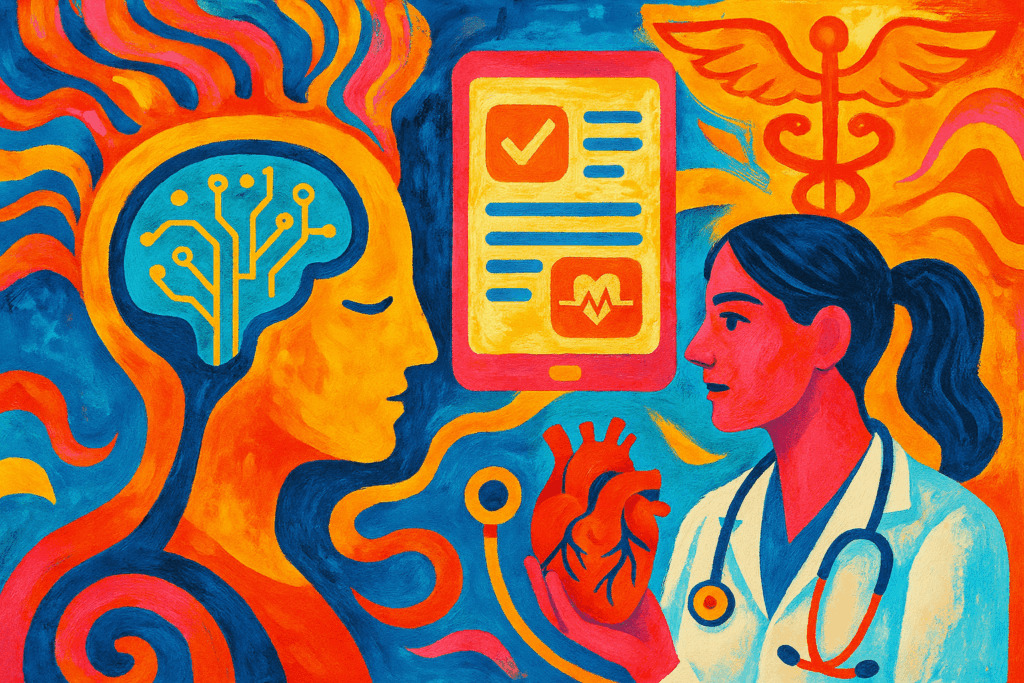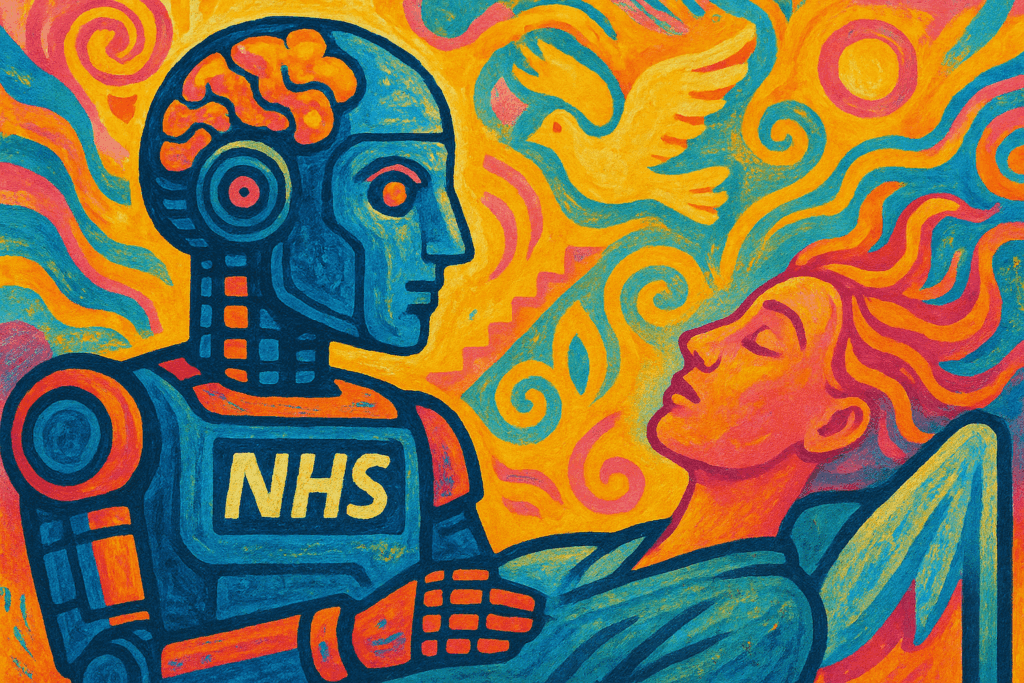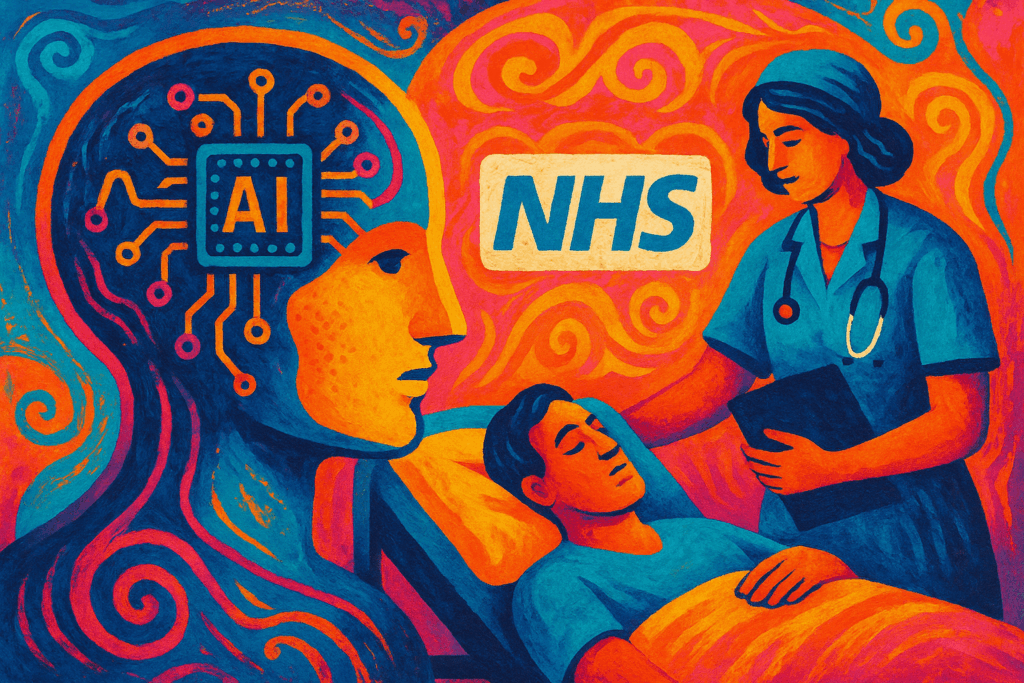AI Assistants Streamline Clinical Workflows
Artificial intelligence is changing the way healthcare professionals handle clinical data and documentation. AI-powered assistants support doctors, nurses, and administrators by automating routine tasks and synthesizing complex datasets to facilitate better decision-making. These tools significantly reduce the burden of paperwork, allowing clinicians to focus more on patient care.
From Data Summaries to Smart Documentation
One of the key applications of AI in clinical settings involves intelligent summarization of electronic health records (EHRs). By condensing vast amounts of patient information into clear, actionable summaries, AI helps clinicians quickly access relevant data. Furthermore, AI generates personalized clinical notes and identifies anomalies that may require immediate attention, improving diagnostic accuracy and saving valuable time.
Next-Gen Diagnostics with AI-Powered Devices
AI is also advancing medical diagnostics through portable, user-friendly devices. Handheld ultrasound machines equipped with AI capabilities provide point-of-care insights that support faster clinical decisions. These devices can analyze body composition, assess fluid levels, and detect abnormalities in real time, enhancing diagnostic precision outside traditional imaging centers.
Point-of-Care Insights for Faster Decisions
AI-driven diagnostic features aid healthcare providers by delivering immediate and precise information. Tools that perform body fat analysis and fluid assessment allow rapid evaluations of patient conditions, which is especially valuable in emergency rooms, intensive care units, and remote or resource-limited environments.
The Future of AI in Healthcare Operations
Looking ahead, AI continues to contribute to safer and more efficient healthcare delivery. By integrating intelligent systems that manage data securely and offer evidence-informed recommendations, healthcare providers can offer personalized treatments while maintaining stringent data protection standards. The ongoing adoption of AI technologies promises to reduce clinician workload, improve outcomes, and transform the healthcare landscape for the benefit of patients and providers alike.




